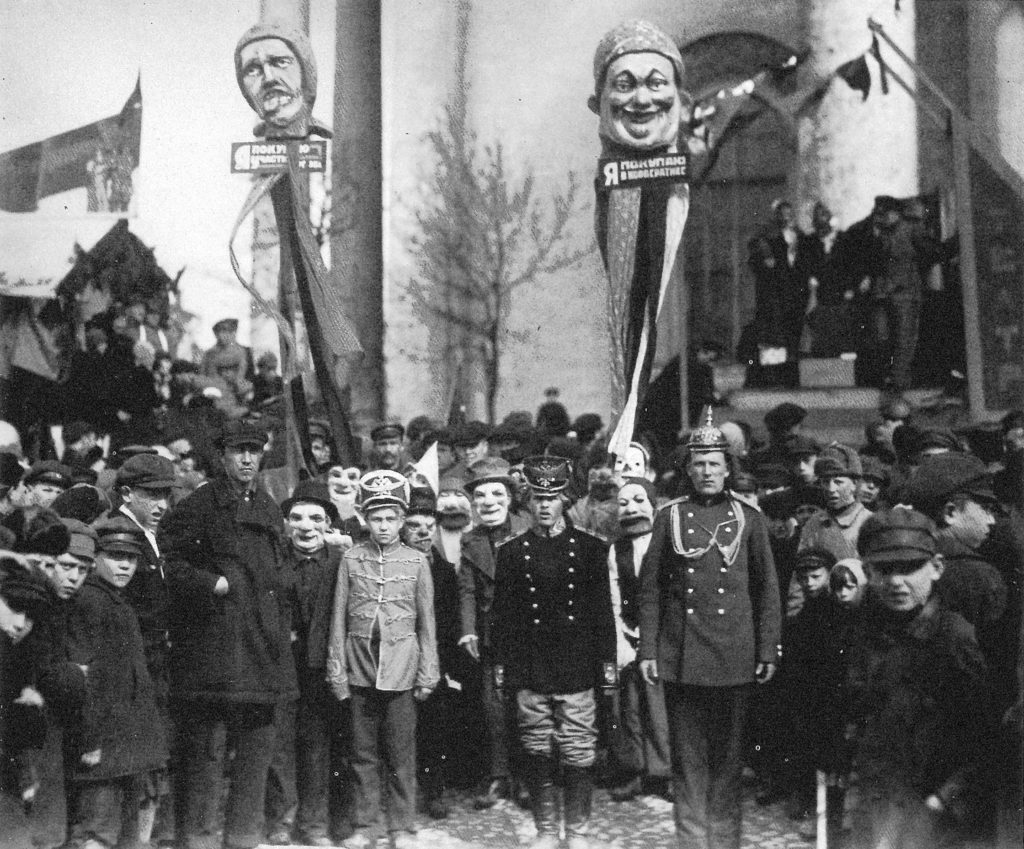Signals from Another World: Asja Lācis and Children’s Theater
Andris Brinkmanis
Andris Brinkmanis
18.04.2019 — 31.05.2019
The exhibition revisits the pioneering work of Latvian theater director Anna “Asja” Lācis (1891–1979). Even though she is mostly known for her contributions in the field of theater, she was a tireless experimenter and worked also as an actress and pedagogue. Apart from her experimental work with children’s theater, Lācis was also among the first to contribute and analyze the media influence on younger audiences and to work with children’s cinema.
Throughout her long career, Asja Lācis has interfered and collaborated with many other pioneers. Among these were Bertolt Brecht, Max Reinhardt, Fritz Lang, Bernhard Reich, Erwin Piscator, Siegfried Kracauer and Walter Benjamin in Germany, with Fyodor Komisarjevsky, Vladimir Mayakovsky, Vsevolod Meyerhold, Vladimir Bill-Belotserkovsky, Sergei Eisenstein, Victor Shestakov, Dziga Vertov, Sergei Tretyakov in Russia and Linards Laicens, Leons Paegle in Latvia. She was an important intermediate between different traditions of Avant-garde.
The exhibition focuses on Lācis’s groundbreaking practice with children’s theater which specifically involved war orphans and homeless children which was theoretically unpacked by Walter Benjamin in his essay Program for a Proletarian Children’s Theater (1928).
The anti-authoritarian pedagogical method of aesthetical education elaborated by Lācis and Benjamin, together with an account on her practical experience, became re-discovered by younger generations during the intense 1968 period first in Germany and later on also in Italy, Spain, France and elsewhere. Her work maintains its relevance and remains as a crucial reference point also at the present.
In accord with Augusto Boal’s suggestion ‘Knowledge acquired aesthetically is already, in itself, the beginning of transformation’, this exhibition aims to explore the potentialities of “Lācis experience” framed in the “program” by Benjamin today; in this case, more specifically with respect to the political, economic and social conditions of the context where the exhibition is taking place.
The exhibition includes elements from the project’s two previous presentations (Documenta 14 in Kassel, 2017 and in Latvian National Library in Riga, 2019) such as archival photos, documents, and videos of Lācis. Relevant texts written by Benjamin and Lācis alongside other researchers and theoreticians on alternative pedagogy and theater will also be available for consultation in the exhibition space. The display structure of the exhibition is designed by Rihard Funts and functions as an open spatial toolbox that local artists, cultural agents and public are invited to interact with and use. Over the course of the exhibition, AVTO will become a free working space where talks, workshops, and reading groups take place.
